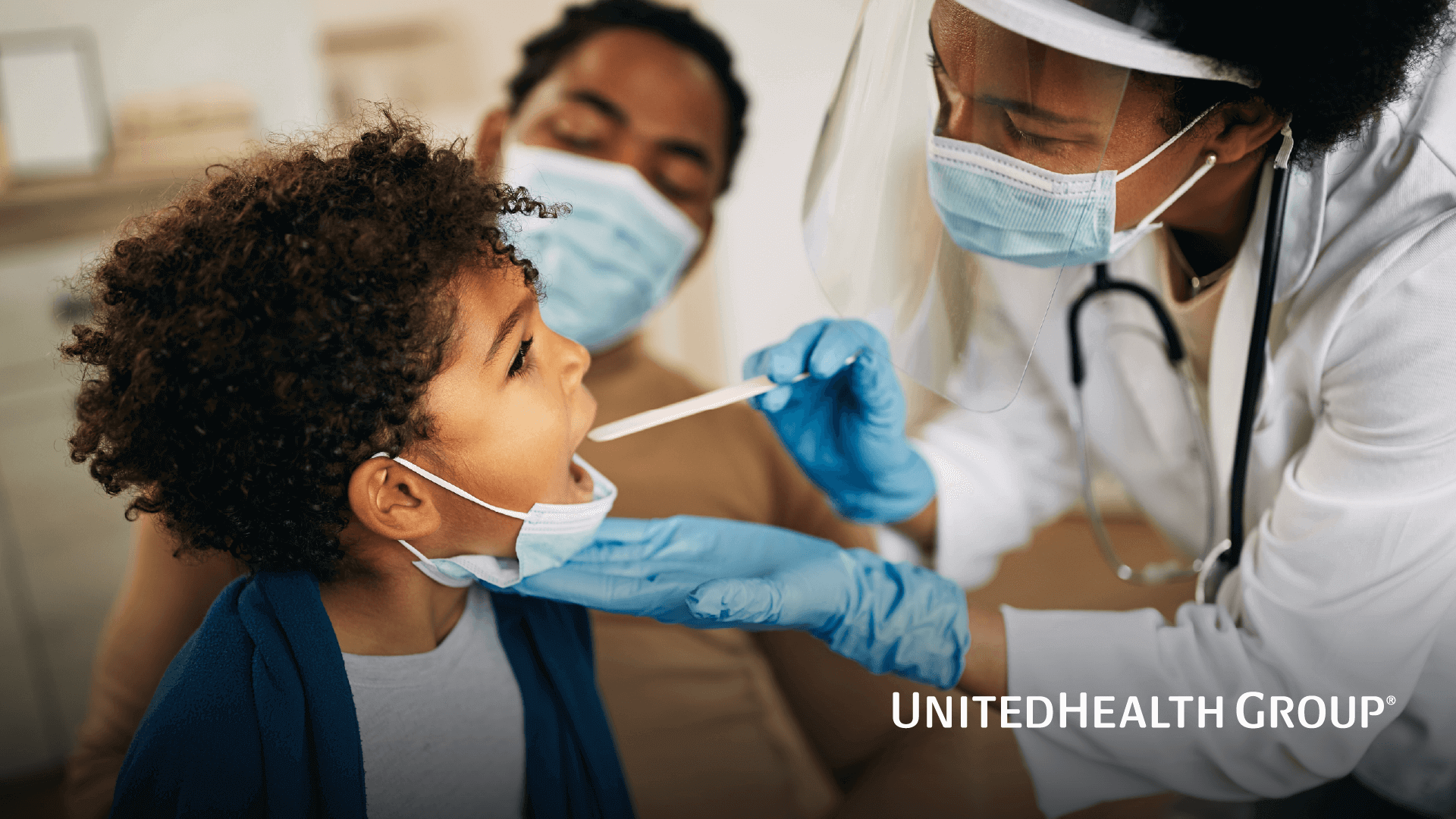Plus, CDC finds pandemic-fueled rise in healthcare-associated infections | Friday, September 03, 2021
| | | | | | | Presented By UnitedHealth Group | | | | Axios Vitals | | By Tina Reed ·Sep 03, 2021 | | 😎 Happy Friday, Vitals readers! Are you ready for a long weekend? This Vitals author is! Today's newsletter is 686 words or a 3-minute read. As a reminder, we won't be publishing on Monday, Sept. 6 in observance of the Labor Day holiday. We'll be back on Tuesday. 📸 Send us your pics: We'd love to see pics of the best (healthy and COVID-safe) ways you and your loved ones enjoyed the long weekend. We'll share the winners when we get back! Email me at tina.reed@axios.com. | | | | | | 1 big thing: America's in a COVID funk |  | | | Illustration: Annelise Capossela/Axios | | | | The pandemic may not be over, but Americans are over the pandemic — and it's starting to show in our collective willingness to cooperate with public health guidance. Why it matters: We've seen ups and downs throughout this COVID era (remember the promise of a "hot vax summer?"). - But the Delta variant dashed hopes of getting back to normal at a time when our patience is already thin.
What they're saying: "I certainly feel it, myself," said Anthony Santella, the COVID coordinator at the University of New Haven School of Health Sciences. - "Unfortunately, it's not just a feeling. It's impacting people's health behaviors," Santella said. "It'd be one thing if this fatigue and burden didn't have an impact on the pandemic, but it clearly does."
The big picture: Public health measures often rely on people doing what's best for the collective good. Yes, but: That's getting harder. - Politics around the response become more entrenched — sparking sometimes violent fights over mask mandates in schools and in industries like air travel.
- Experts say COVID fatigue is becoming more widespread causing many to stop taking precautions or assessing risk the way they once did.
- "People have let down their guard," said Leana Wen, an emergency physician and public health professor at George Washington University.
What's happening: One of the big problems is our expectations — and how often they've been forced to shift throughout different parts of the pandemic. The bottom line: The biggest concern for public health remains getting the unvaccinated to get vaccinated.But we may all need to take a step back and reassess our expectations for how long it may take to get back to normal — and understand that timeline may change based on how much we're all willing to do to get there. Go deeper. |     | | | | | | 2. Hospital-acquired infections soar |  Data: CDC analysis of data from the National Healthcare Safety Network; Chart: Axios Visuals In the race to get a handle on the COVID-19 pandemic, hospitals might've lost their grip on common hospital-associated infections, according to a CDC analysis published Thursday in Infection Control and Hospital Epidemiology. Driving the news: Researchers found increases in several common infections, including infections of the bloodstream and urinary tract, during all four quarters of 2020. What's going on: Several factors likely contributed, primarily linked to the fact hospitals were focused on the pandemic. - Many institutions faced dramatic staff shortages, with those able to work facing increased workloads and patients with increased acuity.
- Staff were often asked to work in unfamiliar areas, sometimes in makeshift units, and had to perform care that they had previously not performed.
What they're saying: "The unfortunate reality is that in one year we lost nearly a decade of progress," said Ann Marie Pettis, president of the Association of Professionals in Infection Control and Epidemiology. |     | | | | | | 3. Wellness, beauty drugs see COVID bump |  Data: GoodRx; Chart: Kavya Beheraj/Axios As Americans returned to their doctors this spring, a growing number of the prescriptions they filled were lifestyle and beauty medications, new data from GoodRx shows. By the numbers: Drugs for eyelash thickening, acne reduction and weight loss saw the biggest growth in the first half of 2021 compared to 2019. - The greatest uptick was seen for the drug Latisse, a medication for eyelash growth, which saw a more than 2,000% increase in the fill rate earlier this year.
- Meanwhile, the fill rate for acne medications increased by 16% compared to 2019 levels. The fill rate for weight loss drugs, in particular for the drug Adipex-P, soared to 37% relative to 2019
Zoloft, which is used to treat anxiety and depression, also saw higher-than-average fill rates. |     | | | | | | A message from UnitedHealth Group | | Advancing health equity by addressing social determinants of health | | |  | | | UnitedHealth Group is committed to addressing social barriers that influence disparities in health care access, outcomes and affordability. We have helped: - Create 12,000 homes by investing $550 million in affordable housing.
- Provide over 100 million meals during the pandemic.
Learn more. | | | | | | 4. Catch up quick | - Baxter International is officially buying medical equipment maker Hill-Rom Holdings for an all-cash purchase price of $10.5 billion. (Release)
- COVID-19 antibodies in the blood supply are rising, driven by vaccinations. (Modern Healthcare)
- Texas banned abortion after six weeks. Here's what happens next. (Axios)
- Ousted Tennessee vaccine chief sues state officials for defamation over firing. (Axios)
|     | | | | | | 5. Dog of the week |  | | | Fanny. Photo: Warren and Barbara Ort | | | | Meet Fanny, a retired champion show dog who lives with parents Warren and Barbara Ort of Fearrington, North Carolina. - "Old dogs can be loving companions, also," they write. "We are old folks and Fanny has become a important member of our household, bringing joy to all."
|     | | | | | | A message from UnitedHealth Group | | Expanding access to care in underserved communities | | |  | | | | UnitedHealth Group is helping to address social determinants of health for uninsured individuals and underserved communities. See how we're advancing health equity through community partnerships that have helped more than 6 million people access care, nutritious food and stable housing. | | | | Love this newsletter? Tell your friends to subscribe! |  | | It'll help you deliver employee communications more effectively. | | | | | | Axios thanks our partners for supporting our newsletters. If you're interested in advertising, learn more here.
Sponsorship has no influence on editorial content. Axios, 3100 Clarendon Blvd, Suite 1300, Arlington VA 22201 | | | You received this email because you signed up for newsletters from Axios.
Change your preferences or unsubscribe here. | | | Was this email forwarded to you?
Sign up now to get Axios in your inbox. | | | | Follow Axios on social media:    | | | | | |








No comments:
Post a Comment